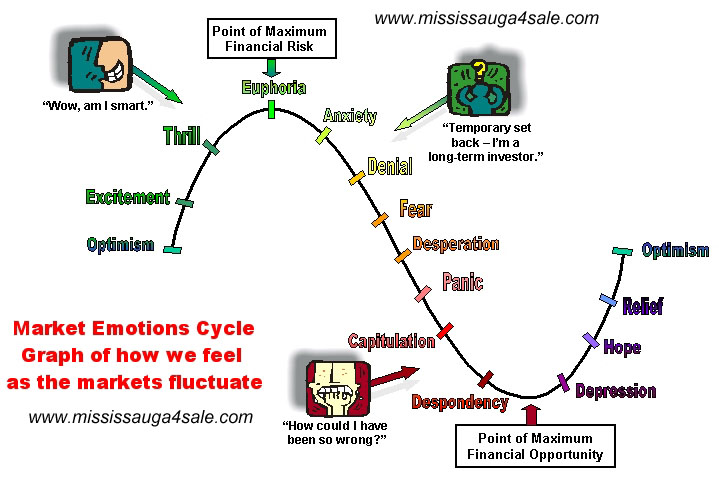
Following hot on the heals of the December 7th budget, the government (small g) has decided to bring forward plans for a graduated property tax to be introduced in 2013, a year earlier then the EU/IMF bailout decreed.
Its likely to be based upon your house value, and it could mean that the €100 property tax in 2012 could grow by 30 times that amount for certain householders:
According to the Irish Times:
Under the commission’s proposed scheme a charge of €188 would be paid on houses valued at up to €150,000; €563 on houses between €150,000 and €300,000; €938 on houses up to €450,000; €1,313 on houses valued at up to €600,000; €1,699 on houses up to €750,000; €2,188 on houses valued at up to €1 million; €3,125 on houses up to €1.5 million and 0.25 per cent of the valuation on houses over that.
FS



